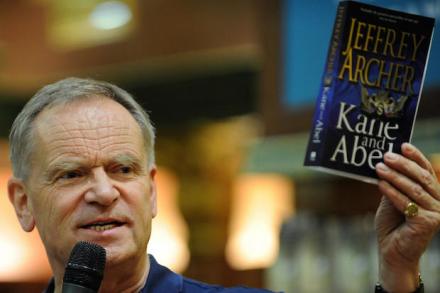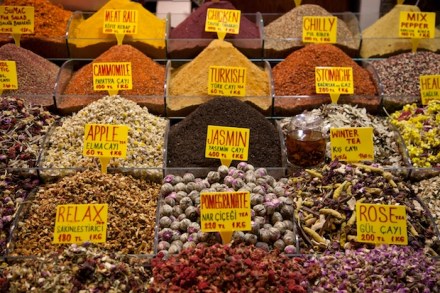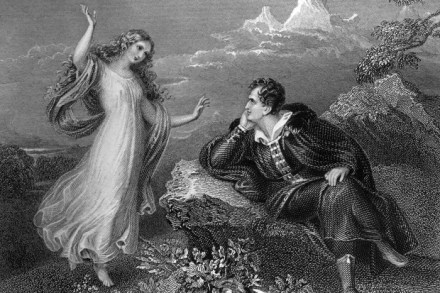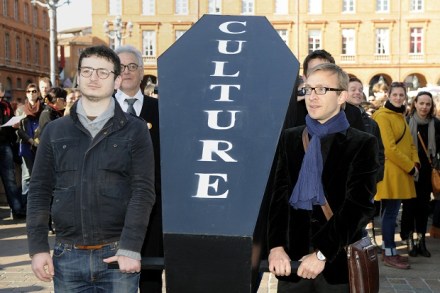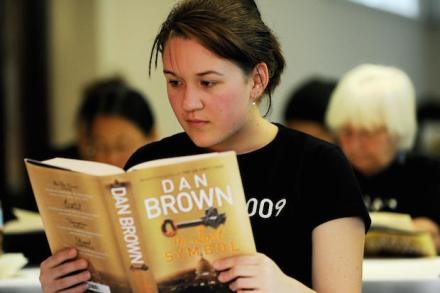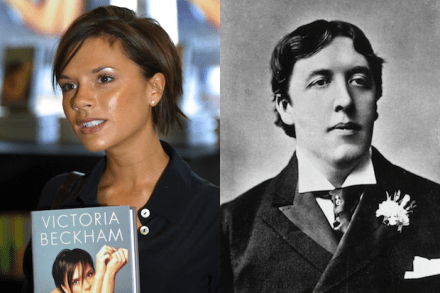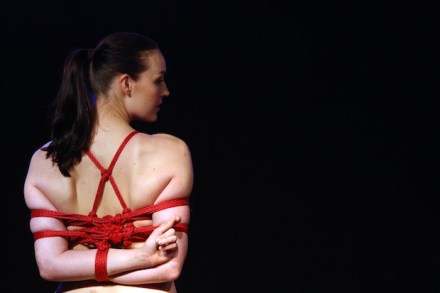Spectator competition: unmask a well-known figure of the 20th century who is also a secret poet (plus elegies for postmen and headsmen)
Estate agents, travel agents, publishers, record company executives; all have seen their livelihoods put in jeopardy by a brave new digital world. So it seemed fitting to invite competitors to compose an elegy for an endangered profession. You lamented the dwindling role of the milkman and the postman, and mourned the disappearance of the old-style pub landlord: ‘The last true pub landlords would much rather die/ Than stick on the telly for soccer on Sky,/ For they know the atmosphere’s stronger by far/ In a dank, convalescent-home type of a bar.’ (Adrian Fry) I admired Paul Evans’s entry but wasn’t convinced that being an England football fan qualifies as a











